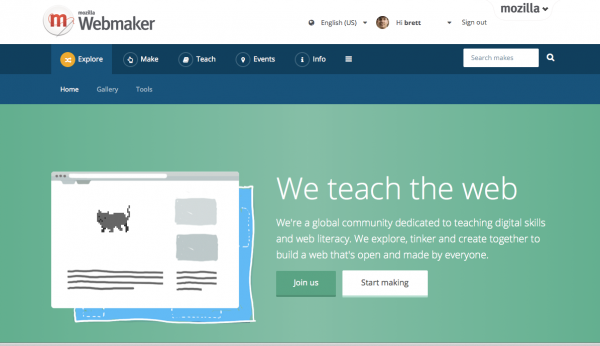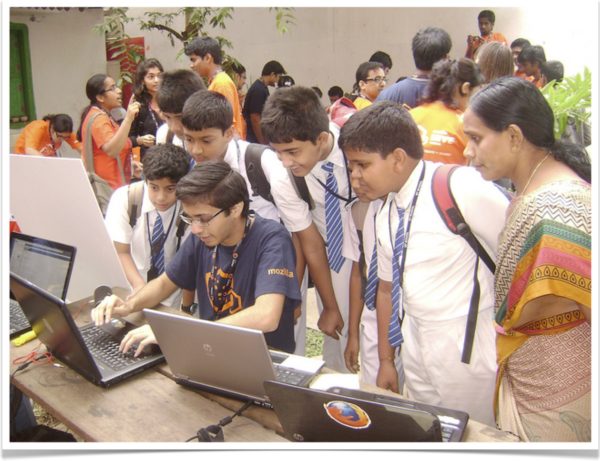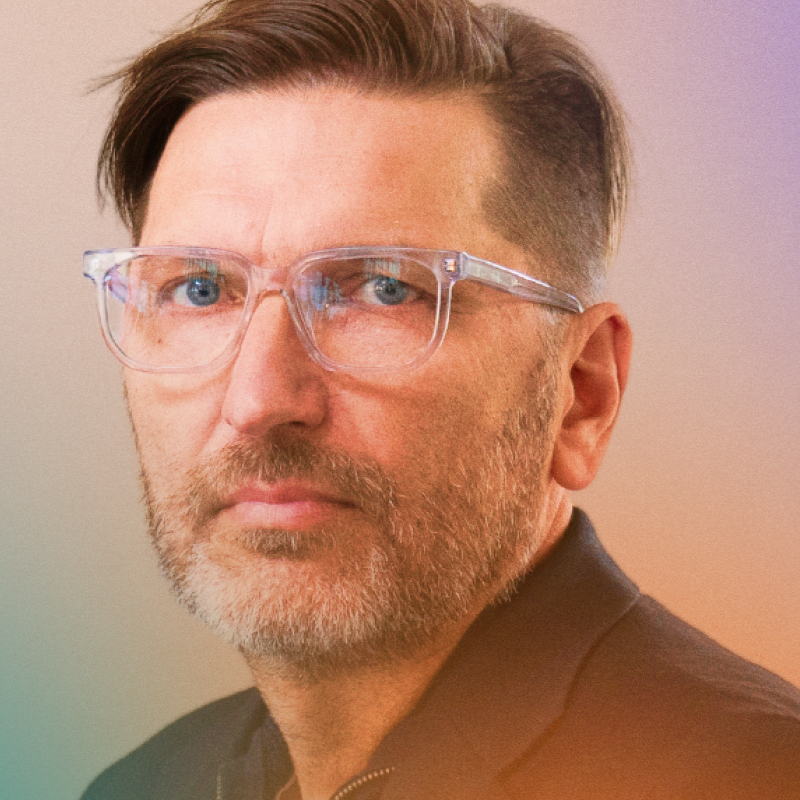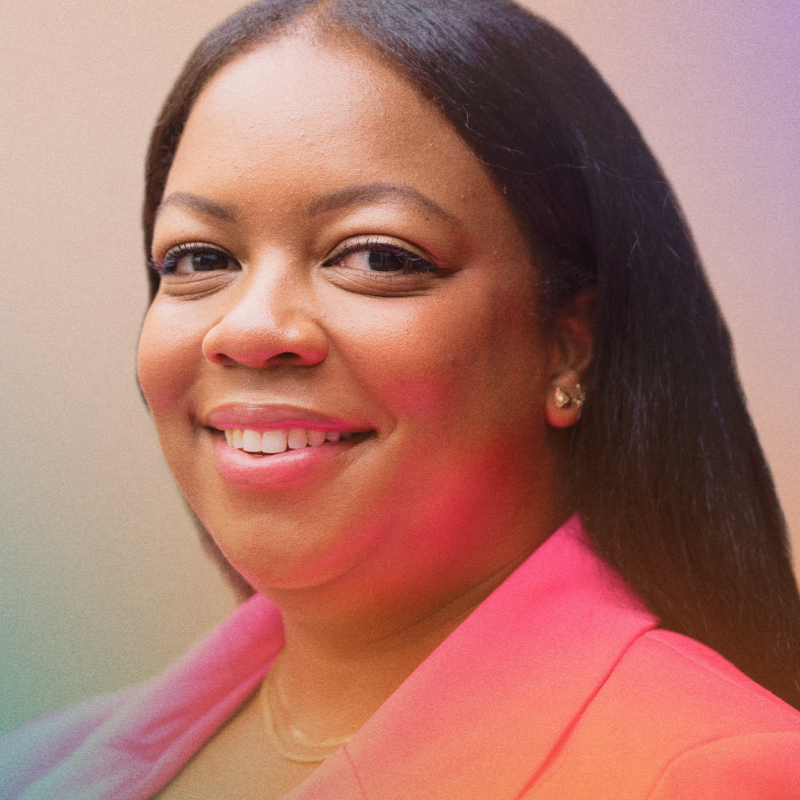Mozilla is dedicated to keeping the web open, accessible and free. To accomplish this, we need more than technology: we need people who are empowered to build and take control of their own online lives.
Enter Webmaker, Mozilla’s project to teach the world web skills. Launched in May 2012, Webmaker had an ambitious goal: help millions of people move from using the web to making the web.
 Fast forward to the present: our site, webmaker.org, is a vibrant hub of creative activity that attracts thousands of people every day to teach and learn web skills. Our free, open source tools Thimble, Popcorn Maker and X-Ray Goggles have evolved to meet the needs of a growing community that cares deeply about teaching the web. We have a global community helping us improve our tools and build a curriculum. And we just wrapped up a hugely successful global Maker Party, which saw more than 1600 webmaking events in 330 cities across the globe.
Fast forward to the present: our site, webmaker.org, is a vibrant hub of creative activity that attracts thousands of people every day to teach and learn web skills. Our free, open source tools Thimble, Popcorn Maker and X-Ray Goggles have evolved to meet the needs of a growing community that cares deeply about teaching the web. We have a global community helping us improve our tools and build a curriculum. And we just wrapped up a hugely successful global Maker Party, which saw more than 1600 webmaking events in 330 cities across the globe.
Today, we’re excited to present the current incarnation of Mozilla Webmaker: a project dedicated to helping our growing community to teach and learn the web. We’ve introduced new features and content to help us best meet our goal: teach millions of people the web, and ensure they have fun while doing it.
A growing community
Since we began this project, our community has grown exponentially. We now have more than 10,000 Mentors—people who are passionate about teaching the web and teaching others to teach—signed up as a part of Webmaker. This spring we held an Open Online Course on how to teach the web and saw more than 2,300 people across the world participate, share, teach and learn from each other on the best techniques to teach the web. And the community is diving into helping us make the site better as well: thanks to our all-volunteer community, the site has already been translated into eight languages, and will soon be available in 40.
A new site
Because the Maker Party saw more than 50,000 projects created on our site by people from across the globe, it acted as a giant testing lab, revealing the strengths of our platform as well as surfacing challenges we could help our community solve. Inspired by feedback from some of the thousands of party participants, we conducted focused user testing and we learned how to meet the needs of our most enthusiastic adopters.
Along with our community, we’ve introduced some great new features:
- International language support. Many of our users are from outside of North America, and we know that presenting Webmaker in people’s native language is key. As of today, the site is available in French, Spanish, Portuguese, Russian, Thai and Bengali. Volunteers have begun translation efforts in 41 other languages.
- Great starter content. We now offer remixable templates as a fast and easy way to get going.
- Upgrades to Thimble, our simple code editing tool. We added support for JavaScript, a collaborative editing feature (Together.js) that can be used by remote participants, guided tutorials, and a host of user interface improvements.
- Hackable profiles. New and existing users can curate their makes and add make their own animated GIFS using their webcams.
- Curated content. Our editorial staff comb through the community makes to create “Webmaker’s Hottest” a digital zine of the best projects from the community.
- Upgrades to Popcorn Maker, our multimedia editor. Users can now combine audio, video and images from YouTube, Soundcloud, Giphy, Flickr and more, and search from within the app.
- Remixable teaching kits. Designed for educators to create lessons and activities that teach the web, the kits can be remixed by fellow mentors, creating remixable Open Education Resources.
- An upgraded events platform. Webmakers can use our site to organize virtual and in-person meet-ups.
Creating a standard
In order to teach the web, we realized we need a framework for what we’re teaching. The Webmaker site is also launching with a Web Literacy Standard, a framework that’s underpinning our work going forward. Developed alongside our community of education-minded Mozillians, the Web Literacy Standard is a map of competencies and skills covering everything from basic coding to knowledge about privacy and safety. These are competencies that Mozilla and our community of stakeholders believe are important to pay attention to when getting better at reading, writing and participating on the web.
Watch the video of our launch at MozFest, or sign up at webmaker.org to get more involved. As an open-source community, we have the power to create and ship the web we want, and this latest version of Webmaker is designed to do exactly that. We hope you enjoy it.
Get Involved:
• Sign up for webmaker.org and claim your personalized domain
• Teach the web: sign up, create teaching kits and starter content, and connect with learners across the globe
• Watch the MozFest launch




